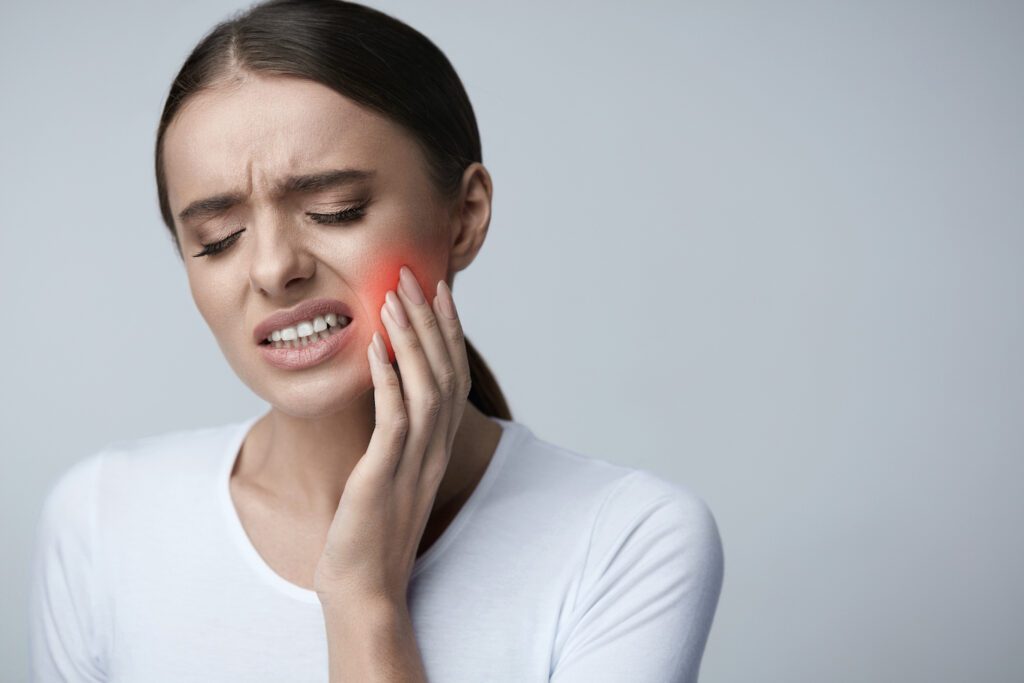Jaw disorders can make everyday life uncomfortable or even painful. Simple actions such as talking or chewing can often be difficult and unpleasant. But you may be able to find relief with TMJ treatment in Chester Springs, PA, from your dentist. Because TMJ is a jaw disorder, many dentists are trained and experienced in treating symptoms and the root cause of TMJ. While not every case of TMJ disorder can be solved with dental procedures, many patients can find improved jaw mobility and pain relief through treatment.

How TMJ Treatment in Chester Springs, PA, Works
Treating TMJ disorder often boils down to figuring out the cause of the issue. In some cases, head trauma or arthritis can cause your jaw to suffer. In other cases, you may experience TMJ symptoms from malocclusion or teeth grinding caused by stress. In any case, your dentist will examine your bite and likely take X-rays to determine the problem. For most patients, a TMJ mouthguard or bite correction procedures can help reduce TMJ symptoms.
TMJ Mouthguards
Mouthguards are a common treatment option for many patients with TMJ disorder. There are a couple of different styles and types of mouthguards, each used to help treat a different cause of TMJ. Your dentist will examine your mouth to determine which is right for you. After taking impressions, your dentist will fabricate a custom-made mouthguard designed to fit comfortably and help stabilize your jaw.
Many cases of TMJ come from teeth grinding and clenching, particularly at night. When you put added stress on your jaw, it’s easy for the muscles and soft tissues to become overworked and tired, leading to pain and discomfort. Mouthguards could help reduce the stress on your jaw and keep your jawbone in alignment.
Bite Correction
Malocclusion can also lead to TMJ disorder. When your teeth aren’t properly aligned, it’s common to experience uneven pressure in your bite. Whenever you chew, grind your teeth, or even talk, you can agitate your jaw muscles and cause damage. In these cases, your dentist will likely recommend bite correction procedures. This can look different depending on the severity of your malocclusion. Some common bite correction treatments include:
- Dental Crowns
- Orthodontics (such as ClearCorrect aligners)
- Porcelain Veneers
- Dental Bonding
- Tooth Extraction
- Dental Implants
With a straight and even bite, many patients find relief from TMJ symptoms.
How to Notice TMJ Disorder
It’s not always easy to identify TMJ disorder without certain X-rays. But there are some common symptoms to look out for. If you notice chronic jaw, face, neck, or headaches, especially in the morning, it could be a sign of TMJ disorder. Other common symptoms include jaw popping and difficulty opening your jaw without pain or discomfort.
If you notice any issues with your jaw, your dentist may be able to help. Call Dental Distinction today at 610.904.9274 to schedule a consultation and learn more about TMJ disorder and potential treatment options.
